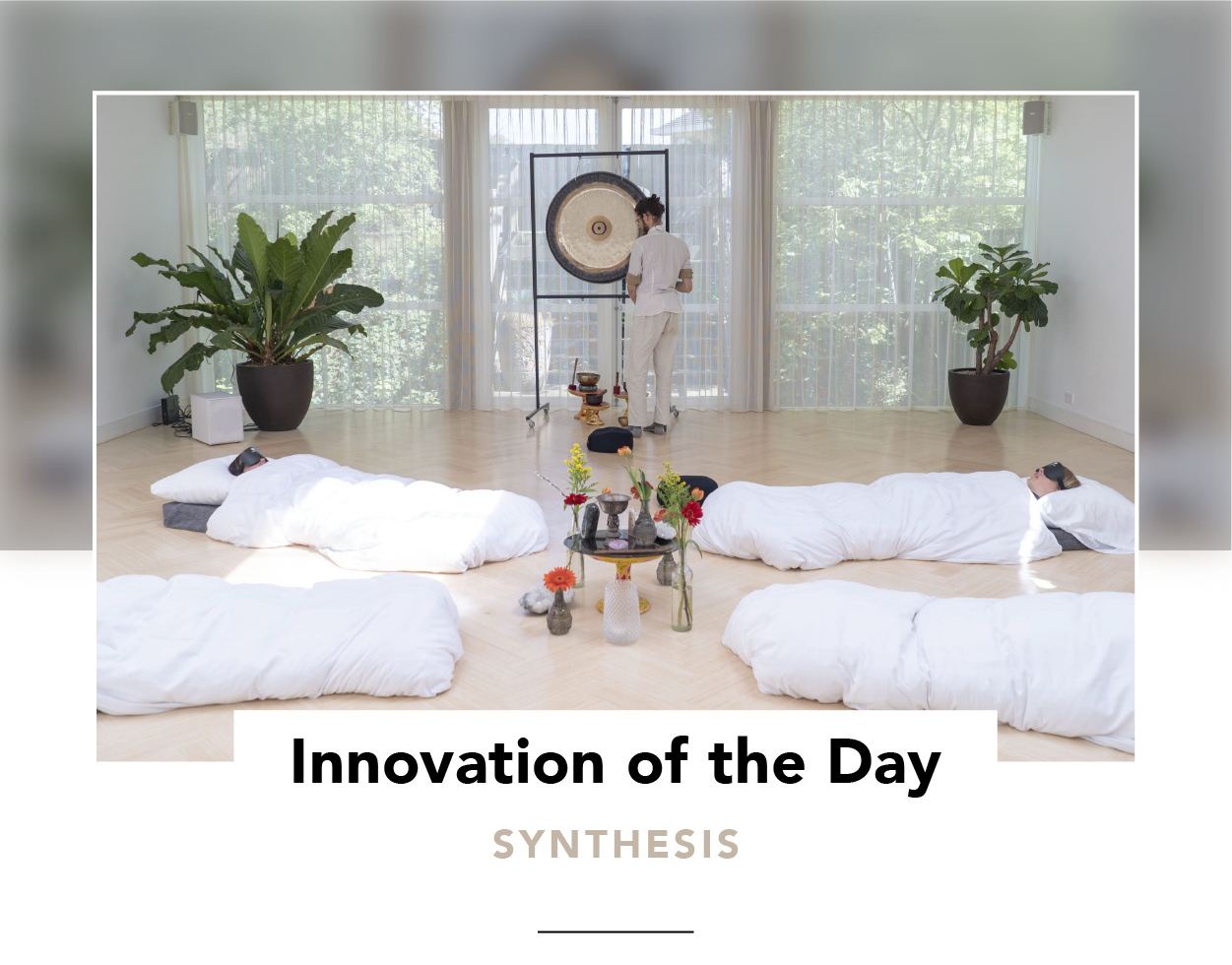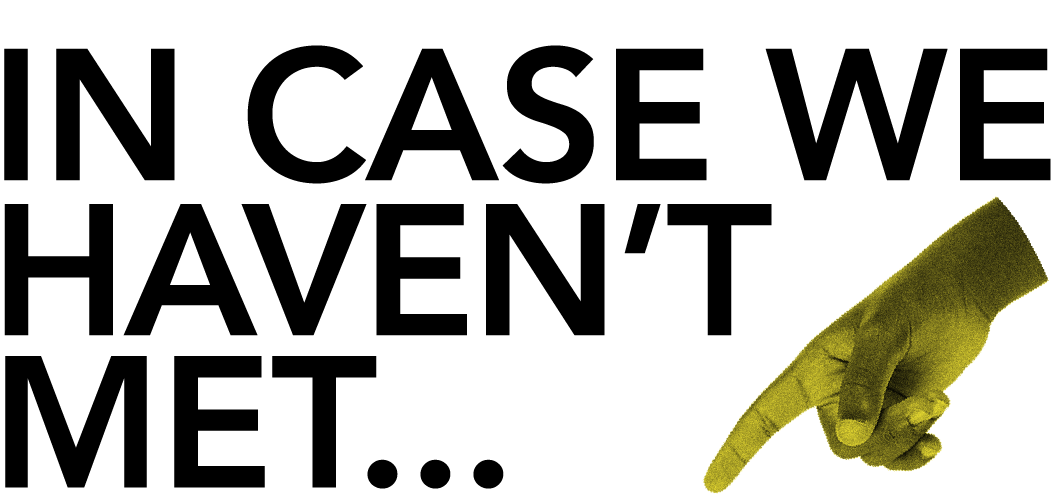23 October 2020
Synthesis is an Amsterdam-based wellness retreat offering the world’s first commercial psychedelic depression therapy. The treatment is medically supervised by Rosalind Watts, a leading clinical psychologist at Imperial College London’s Centre for Psychedelic Research, who uses psilocybin-infused truffles, which are related to magic mushrooms and legal in the Netherlands. Patients enter a 13-month course that includes monthly group therapy and a five-day retreat with two psilocybin sessions.
Since the release of a groundbreaking study in 2016, more and more scientific research points at the medicinal and therapeutic benefits that psychedelic mushrooms can have on patients suffering from depression and other mental illnesses. A commonly cited reason for why psilocybin, the main psychoactive component of magic mushrooms, can be so effective is that it can ‘unshackle’ patients’ minds – enabling them to see things in a different way, consequently leading to lasting shifts in their mindsets.
So why should you care...even if you’re not a healthcare brand? In recent years, we have seen a concerning rise in depression rates. At its worst, of course, depression can lead to suicide, which currently is the second leading cause of death in 15-29 year olds worldwide. To make things even more bleak, the COVID-19 pandemic is having an unsurprisingly massive negative effect on psychological illnesses: During late June, 40% of US adults reported struggling with mental health and substance abuse.
We are therefore in dire need of alternatives, and those affected are increasingly eyeing a wider range of brands – not just traditional medical providers – for new kinds of solutions and support. 2020 saw a massive rise in funding for mental health-focused startups. Big tech is increasingly entering the experimental healthcare market as well. Just dig deeper into Amazon’s new emotional health tracker Halo or its growing number of healthcare job postings! But it’s not just startups and Silicon Valley stalwarts joining the game. FMCG powerhouse Johnson & Johnson (which has been around since 1886), for instance, entered the experimental depression therapy space; in March, the brand received FDA approval for a psychedelic-derived, anti-depression drug.
All of this is only set to get another major boost as consumers focus more on emotional self-care; 16-36 year olds, for one, are putting mental health at the center of their overall health. So no matter your industry, is there a way you can support your customers’ growing focus on their inner wellbeing?
Stay healthy,
The TrendWatching content team




